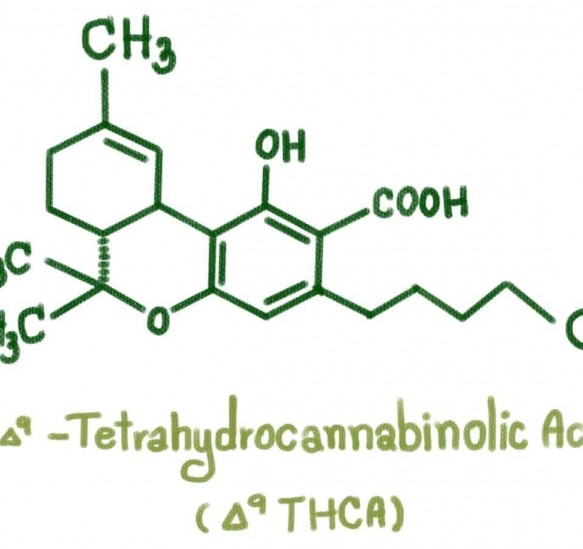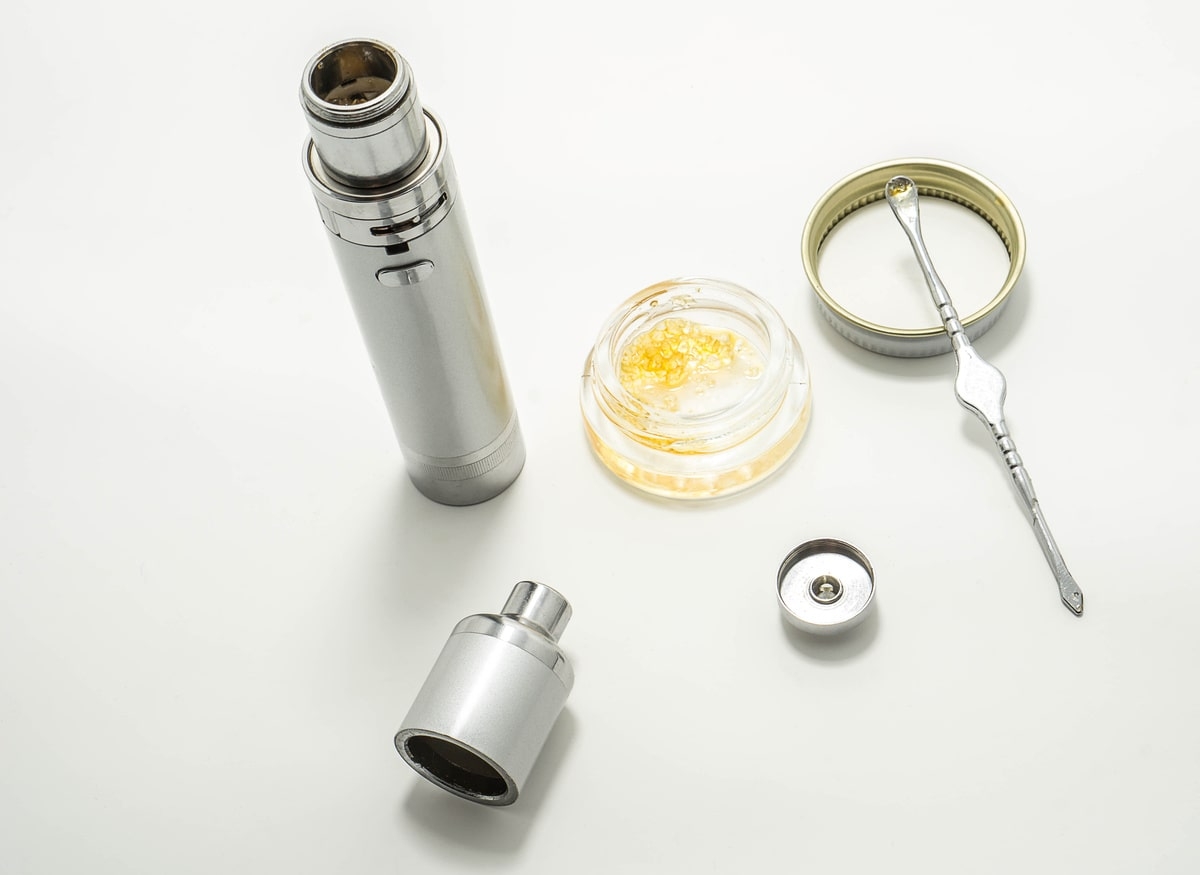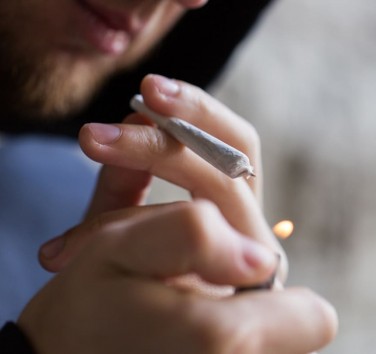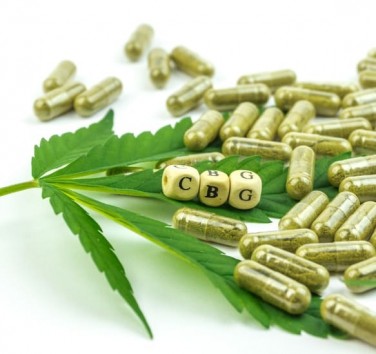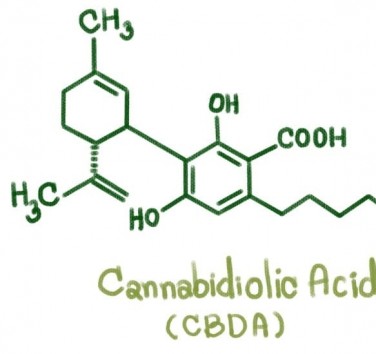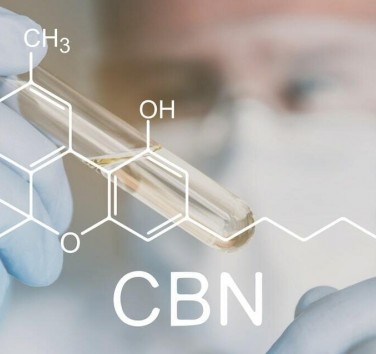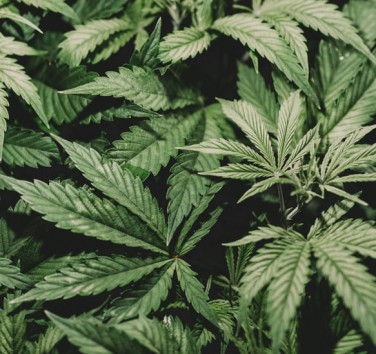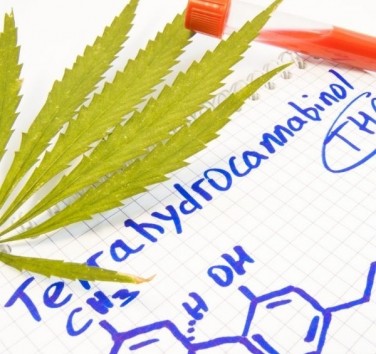Still undergoing a lot of research, some of its effects have already been brought to light. Find out more about this plant acid!
The function and effects of THCa
Little by little, as research continues, cannabinaceous plants are revealing their secrets and benefits. So much so that new terms are appearing, we now know the therapeutic properties of cannabidiol (CBD) and the psychotropic effects of tetrahydrocannabinol (THC) considered a drug classified as a narcotic.
But do you know THCa? Its full name is tetrahydrocannabinol, it is an acidic molecule naturally present in the Cannabis Sativa plant, also called Indian hemp.
Like CBD and THC, THCa reacts with the central nervous system and endocannabinoid receptors. Although THCa may sound similar to THC, there is a distinction between the two, as it does not have the same properties and effects on the body and mind.
THCa is available in crystal form.
The effects of tetrahydrocannabinol on the body:
Research is not yet completely finished, but it has already shed light on some of the effects of THCa. Although no claims can be made about this cannabinoid component, here is an overview of its properties on the body:
- It appears to be an anti-emetic, in other words, it reduces vomiting, nausea and loss of appetite ;
- Like CBD, it seems to have an effect on neurodegenerative diseases such as Parkinson's;
- THCa has an anti-inflammatory power useful for the treatment of many pathologies and diseases;
- Finally, it would be a practical anti-proliferant to inhibit the growth of cancer cells in the prostate.
How does THCa become THC?
THCa is actually an acid, 9-tetrahydrocannabinolic acid, a scary scientific name, but it says a lot about the transformation of THCa into a psychoactive cannabinoid rich in THC.
In fact, marijuana plants are initially harmless and have no side effects or harm to the body. It is a very specific process that transforms the molecules of the plant into a psychoactive substance.
In fact, there is a reason why the cannabis plant is dried, cured and burned before consumption. This process, called decarboxylation, turns THCa into THC.
This chemical reaction changes the chemical composition of the herb by removing the carboxyl group. All this is caused by thethermal instability of THCA, which reacts sensitively to its surroundings.
To achieve this particular evolution, three criteria are needed:
- Long storage at room temperature;
- Exposure to direct sunlight for a long period;
- Smoking the cannabis bud.
Understanding the difference between THCa and THC
In concrete terms, THCa is THC before its transformation into a psychoactive substance appreciated by recreational cannabis users.
Cannabis use is illegal in France because it is dangerous for the economy, health and the development of violence in the country.
THCa does not seem to have the same psychotropic effects as its cousin THC, which is why, if you remove the A, the whole molecule changes from a therapeutic component to a dangerous drug.
However, if you remove the "a" everything changes...
Nevertheless, for the moment 9-tetrahydrocannabinolic acid is not legalized, CBD is the only one to enjoy this privilege. However, the first results of research tend to represent it as a natural substance rich in active principles beneficial to the body.

